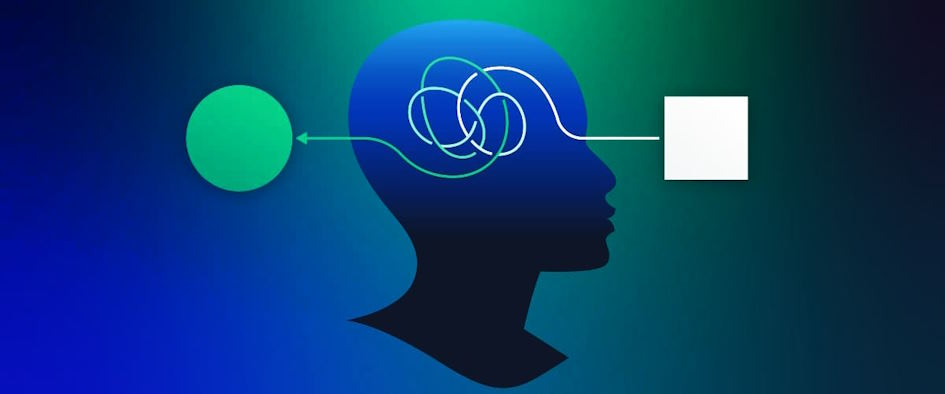
Consumer behavior is a complex and fascinating subject that has intrigued marketers and researchers for decades. Understanding why consumers make certain choices and how their decisions are influenced is essential for businesses seeking to market their products or services effectively. In this article, we delve into the psychology of persuasion, unveiling the hidden forces that drive consumer behavior. By exploring key psychological principles, we aim to provide insights into the factors that shape consumer decision-making and offer strategies for businesses to leverage these forces to their advantage.
The Power of Social Proof
Humans are social creatures, and we often look to others for guidance on what is acceptable or desirable. The concept of social proof suggests that people are more likely to adopt certain behaviors or make certain choices if they see others doing the same. Businesses can harness the power of social proof by incorporating testimonials, customer reviews, or endorsements from influential individuals to build trust and credibility. By showcasing positive experiences and demonstrating that others have already chosen their product or service, businesses can create a sense of popularity and desirability that influences consumer decision-making.

The Influence of Reciprocity
Reciprocity refers to the tendency of individuals to respond to a positive action with another positive action. In consumer behavior, this principle suggests that when businesses provide value or benefits to consumers, they are more likely to receive something in return, such as a purchase or loyalty. Offering free samples, exclusive discounts, or personalized recommendations are strategies that leverage the principle of reciprocity. By providing something of value upfront, businesses can trigger a sense of obligation in consumers, increasing the likelihood of a positive response.
The Scarcity Effect
The scarcity effect is based on the idea that people assign greater value to things that are rare, limited, or difficult to obtain. When consumers perceive that a product or service is scarce or in high demand, they experience a fear of missing out and are more motivated to take action. Businesses can create a sense of scarcity by highlighting limited stock, limited-time offers, or exclusive access. This strategy taps into consumers’ desire for exclusivity and drives them to purchase before the opportunity is unavailable.

Cognitive Biases and Decision-making
Cognitive biases are inherent mental shortcuts or thinking patterns that influence our decision-making processes. Understanding these biases can provide valuable insights into how consumers perceive and evaluate information. For example, anchoring bias refers to the tendency to rely heavily on the first piece of information encountered when making a decision. Businesses can leverage this bias by strategically pricing their products or services to create an initial anchor point that influences consumers’ perception of value. Other cognitive biases, such as the framing effect or the availability heuristic, can also be utilized to shape consumer perceptions and preferences.
Psychological Principles and Strategies for Consumer Behavior
| Psychological Principle | Business Strategy |
| Social Proof | Incorporate testimonials and customer reviews |
| Reciprocity | Offer free samples or exclusive discounts |
| Scarcity Effect | Highlight limited stock or limited-time offers |
| Cognitive Biases | Utilize pricing strategies and framing techniques |
